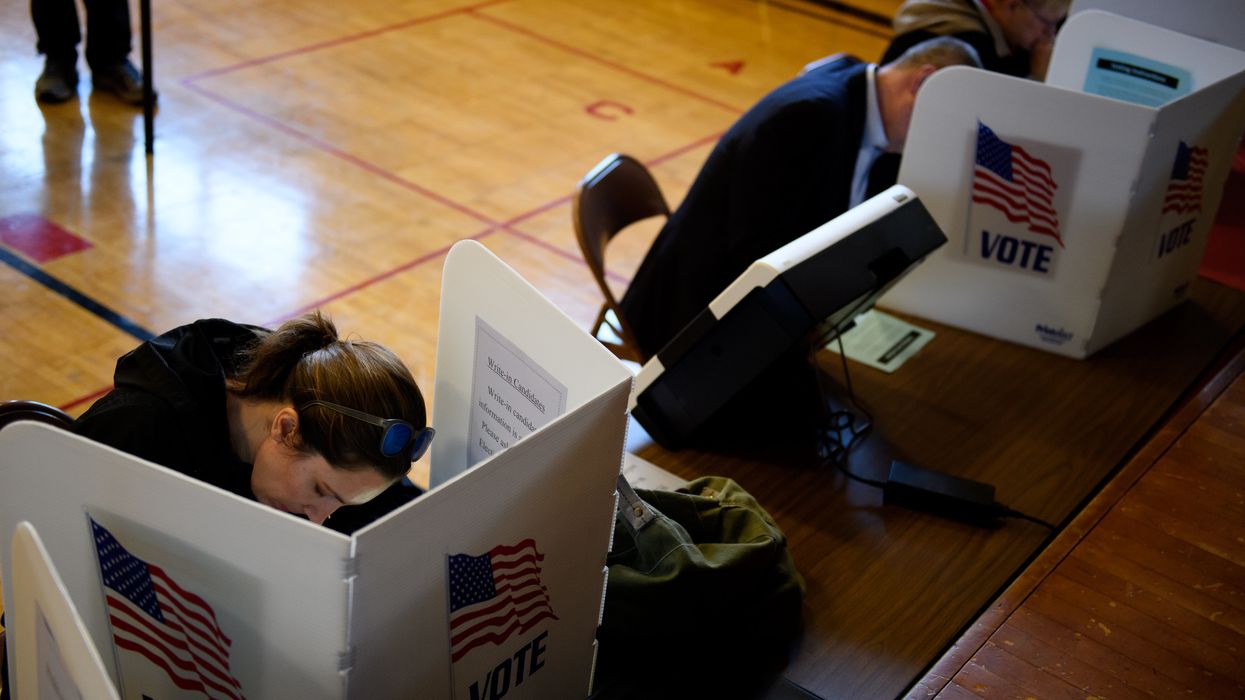In a victory for election reformers, the Ohio Supreme Court has decided a package of proposed election changes in how the state votes should be put to voters as a single measure.
The court on Tuesday agreed with the organization promoting the referendum and blocked Secretary of State Frank LaRose and other Republican state officials from dividing the proposed constitutional amendment into four ballot questions.
The ruling, which appears technical, is nonetheless significant for those who favor the reforms. That's because they believe their package has a better chance if put to one up-or-down vote. Plus, Ohio is a presidential battleground that's tilted red in recent years and anything that could boost turnout is likely to favor Democrats.
The Secure and Fair Elections Amendment would bring about automatic and same-day voter registration, a guarantee of a month of in-person early voting and routine post-election audits to verify that election results are accurate.
Advocates for the package, a collection of mostly progresisve group called Ohioans for Secure and Fair Elections, still must gather more than 400,000 signatures of registered voters by July 1 to get the amendment on the Nov. 3 ballot.
Had the high court ruled the other way, that signature threshold would have been quadrupled — and essentially impossible to meet without a miraculous disappearance of the coronavirus.
The Ohio Ballot Board, which includes the secretary of state and four appointed members, had voted in March to break up the proposed amendment into separate questions. The subsequent lawsuit notes that LaRose had already stated his opposition to the package and that dividing the question would hurt its chances of going before the votes.
The Supreme Court did reject the request by proponents of the amendments for additional time to gather signatures.
Approval would make Ohio the 17th state that automatically registers eligible residents when they do business with the motor vehicle bureau. Most are Democratic strongholds and just two, Colorado and Michigan, are on the list of remotely possible swing states this fall.
Adopting the package would permit voters to register and cast ballots at polling locations during early voting and on Election Day, similar to the laws on the books in 21 states. The deadline is now 30 days beforehand, one of the longest lead times in the country.
Ohio has famously been carried by the winner of every presidential election since 1964, and no Republicans has ever won the White House without it. President Trump is counting on its 18 electoral votes, but his edge in recent statewide polling has slipped now that former Vice President Joe Biden has secured the Democratic nomination.




















Trump & Hegseth gave Mark Kelly a huge 2028 gift